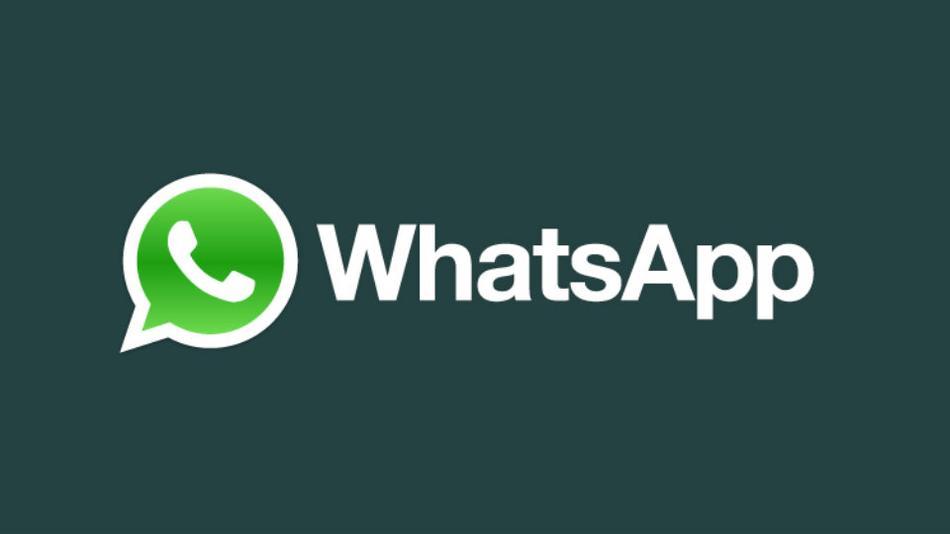Affiliate links on Android Authority may earn us a commission. Learn more.
(Updated) WhatsApp begins crackdown on unlicensed 3rd party clients
Published onJanuary 21, 2015

Update: WhatsApp Plus is shutting down. Developer Mounib Al Rifai announced on Google Plus that the service will shut down as a result of a cease and desist later received from Whatsapp:
Bad newsWe have received a cease and desist letter from WhatsApp and we are obligated to remove all download links and unfortunately delete this community…Am really sorry for this but it’s out of our hands and WhatsApp has pushed us into a corner that we can’t escape this time..It was a fun ride but it has come to an end..Deepest regards from Rafalense and me and all the whatsapp+ team for your support
Original post:
It’s a given fact that as something becomes more popular, there will be an endless number of “inspired” products that are eager to cash-in on said success story. There are any number of phones and clones. Apps are no different: a simple search for any random Twitter or Instagram user’s account will yield potentially dozens of “similar” services all of which try to make use of the original’s content. Popular texting/chatting omnibus program WhatsApp is no stranger to this, and the company is now taking action.
WhatsApp Plus users have recently been experiencing a 24-hour ban from the service, in no small part because WhatsApp Plus is in no way authorized or licensed by WhatsApp. Here’s the official word, straight from the horse’s mouth:
[quote qtext=”WhatsApp Plus is an application that was not developed by WhatsApp, nor is it authorized by WhatsApp. The developers of WhatsApp Plus have no relationship to WhatsApp, and we do not support WhatsApp Plus. Please be aware that WhatsApp Plus contains source code which WhatsApp cannot guarantee as safe and that your private information is potentially being passed to 3rd parties without your knowledge or authorization. Please uninstall your application and install an authorized version of WhatsApp from our website or Google Play. Then, you will be able to use WhatsApp.” qperson=”” qsource=”Whatsapp Official Website (FAQs)” qposition=”center”]
Given that the offending application requires side-loading to install (i.e. it’s not actually available on the Google Play Store), it might be safe to assume this issue isn’t affecting many users. It’s also hardly the only WhatsApp unofficial client for that matter, and indeed there are reports that other third-party app users have been experiencing trouble as well.
In many ways, WhatsApp’s warning about the unlicensed source code is a truly concerning one, and something that any person who goes around the “established” way need keep in mind: while some apps might offer extra features or content beyond the original product’s scope, few have the abilities needed to check for any kind of malicious programming embedded within it.